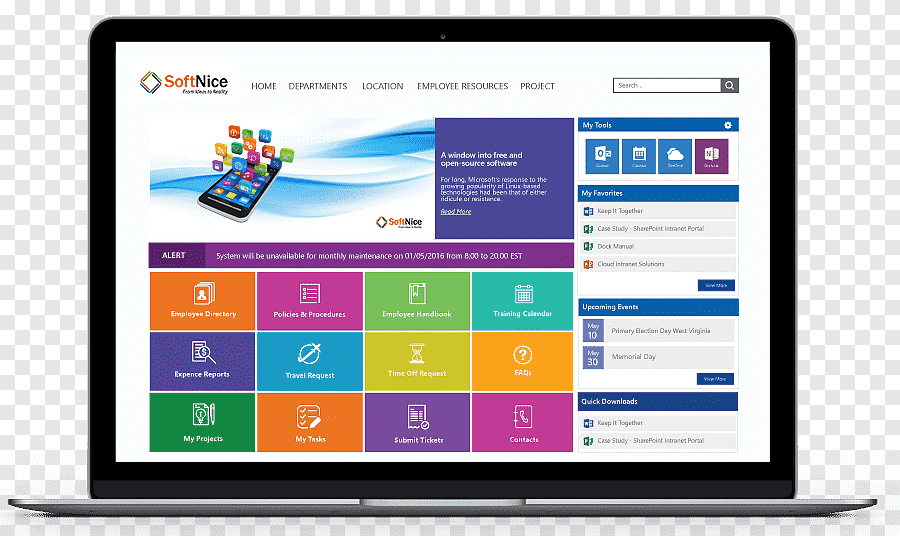Automatic CAPTCHA Solver: Revolutionizing Online Security and Accessibility

In today’s online world, security is more critical than ever before. Websites and online platforms use various security measures to protect themselves from bots and malicious activities. One of the most common methods is CAPTCHA (Completely Automated Public Turing test to tell Computers and Humans Apart), which is designed to verify that a user is human and not an automated bot. However, solving CAPTCHAs can sometimes be a tedious and time-consuming process for users. This is where the automatic CAPTCHA solver comes into play. This tool provides a seamless solution to bypass CAPTCHAs with minimal human intervention, saving time and improving user experience. In this article, we’ll explore what an automatic CAPTCHA solver is, how it works, its applications, and the ethical considerations surrounding its use.
What is an Automatic CAPTCHA Solver?
An automatic CAPTCHA solver is a software tool or script designed to automatically solve CAPTCHA challenges without any manual intervention. CAPTCHA systems typically present users with puzzles such as distorted text, images, or simple arithmetic problems that are easy for humans but difficult for automated bots to solve. The purpose of this is to ensure that the user is not a bot, preventing automated actions such as scraping, account creation, or spam submissions.
The automatic CAPTCHA solver uses sophisticated algorithms, machine learning, or optical character recognition (OCR) techniques to solve these challenges. By analyzing the CAPTCHA’s visual elements and applying algorithms designed to decode them, the tool can solve the puzzle almost instantly, mimicking human behavior without the need for any manual input.
How Does an Automatic CAPTCHA Solver Work?
An automatic CAPTCHA solver works through a series of processes that include capturing the CAPTCHA image or text, analyzing it, and providing a response to the server. The steps can be broken down as follows:
1. CAPTCHA Data Capture
The first step in the process involves capturing the CAPTCHA challenge. This is typically done by taking a screenshot or downloading the CAPTCHA image. Some advanced CAPTCHA systems may involve video or audio challenges, in which case, the solver captures that data as well.
2. Preprocessing
Once the CAPTCHA data is captured, the tool needs to preprocess the image or text to make it easier for the algorithm to understand. Preprocessing can include techniques such as noise removal, contrast enhancement, and image normalization. These processes help ensure that the solver can easily differentiate the characters or elements in the CAPTCHA image.
3. Feature Extraction
Feature extraction is the process of identifying key visual features of the CAPTCHA that will allow the solver to decode the challenge. For text-based CAPTCHAs, this may involve segmenting the characters and identifying distinct patterns in the distorted text. For image-based CAPTCHAs, this step might involve recognizing specific objects or patterns that the CAPTCHA is testing.
4. CAPTCHA Solution
Once the key features are identified, the solver applies machine learning models or pattern recognition algorithms to solve the CAPTCHA. The solver might use OCR technology for text-based CAPTCHAs, or neural networks for more complex puzzles that require understanding context or shapes in images. The solver then generates a response based on its analysis, providing an answer to the CAPTCHA challenge.
5. Submission of Solution
Finally, the generated response is submitted to the server that issued the CAPTCHA. If the answer is correct, the user is granted access or allowed to perform the requested action. The whole process happens within a fraction of a second, making it highly efficient.
Applications of Automatic CAPTCHA Solvers
While automatic CAPTCHA solvers are often used for legitimate purposes, they can also be used in less ethical contexts. Here are some common applications:
1. Automated Account Creation
Some businesses or individuals use automatic CAPTCHA solvers to bypass CAPTCHAs during mass account creation, which can be useful for testing purposes or generating bulk accounts for a platform. However, this can also be exploited for malicious activities like spamming or creating fake accounts for fraudulent purposes.
2. Web Scraping
Web scraping is the process of extracting large volumes of data from websites. Many websites use CAPTCHAs to prevent automated scraping of their data. An automatic CAPTCHA solver can be used to bypass these security measures, allowing scrapers to access content, such as product details, pricing information, or market data, without manual intervention.
3. Ticketing and Limited Access Services
Automatic CAPTCHA solvers are also used by individuals or bots to bypass CAPTCHA systems on ticketing websites or services that have limited access or demand. This can include purchasing concert tickets or limited-edition products before others can access them.
4. Enhancing User Experience
On a more positive note, automatic CAPTCHA solvers can be integrated into systems to improve user experience. For example, they can be used in customer support tools to help users bypass CAPTCHAs when they’re interacting with chatbots or AI-driven platforms, thereby speeding up the response time.
Ethical and Legal Considerations
The use of automatic CAPTCHA solvers raises several ethical and legal concerns. Here are a few key points to consider:
1. Breaching Terms of Service
Most websites include terms of service (ToS) that prohibit the use of automated tools to bypass security measures, including CAPTCHAs. Using automatic CAPTCHA solvers to access websites or services without authorization may violate these terms, leading to account suspension, legal action, or other penalties.
2. Impact on Security
CAPTCHA systems are designed to protect websites from malicious bots. By using automatic solvers to bypass these systems, the security of the platform may be compromised, leading to an increase in spam, fake accounts, or malicious bot activities. This undermines the integrity of the platform and its ability to provide a secure environment for legitimate users.
3. Ethical Use in Research
While the use of CAPTCHA solvers is often frowned upon, there are legitimate applications, especially in the field of research. Researchers may use these tools to study CAPTCHA patterns, improve security systems, or develop better tools for accessibility. In these cases, the tools are used for constructive purposes rather than malicious intent.
Conclusion
The automatic CAPTCHA solver is an innovative tool that has revolutionized how people interact with online security systems. It allows users to bypass CAPTCHAs with ease, saving time and improving the overall user experience. However, while these solvers have many practical uses, they also raise significant ethical and legal concerns. As such, it’s important to use these tools responsibly, ensuring that they are used in ways that align with the law and ethical guidelines.










